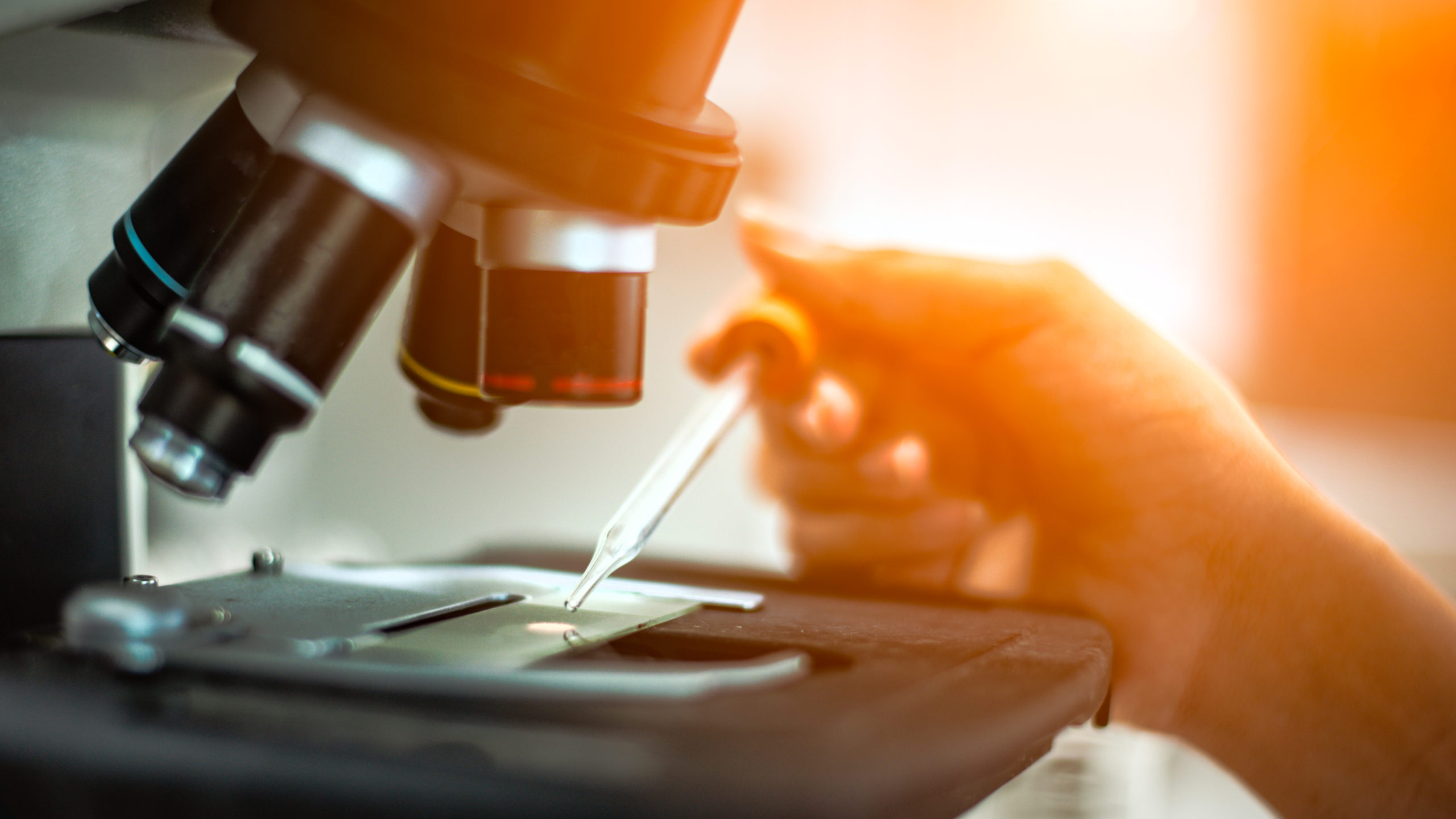SAN DIEGO–(BUSINESS WIRE)–Diabetes Research Connection (DRC), a 501(c)(3) that funds research projects conducted by early-career researchers aimed at prevention, cure, and better care for those with Type 1 Diabetes (T1D), puts out a call for T1D research in need of seed funding twice a year. After a rigorous review by the DRC Scientific Review Committee (SRC), comprised of T1D experts nationwide, the most promising studies are selected to receive seed funding. The first round of grants for 2021 was recently completed as the nation observes National Diabetes Month. Funds were provided to seven researchers (with an additional study pending contract approvals) totaling a $400,000 investment. Researchers receiving grants include:
“The DRC has filled a niche by providing seed funding to the most promising T1D research being conducted by innovative early-career scientists”
- Dr. Michael Kalwat – Indiana Biosciences Research Institute
- Dr. Sudpita Ashe – University California, San Francisco
- Dr. Balamurugan Dhayalan – Indiana University
- Dr. Yao Wang – University of California, San Francisco
- Dr. Yi Wang – University of California, San Francisco
- Dr. Flavia Pechanha – University of Miami
- Dr. Madhumita Basu – Nationwide Children’s Hospital
- Additional study pending contract approvals
Those selected are conducting a variety of T1D studies, ranging from the role of TSA genes in T1D, to preventing and possibly curing T1D by blocking the autoimmune attack of beta cells. Individuals can view the full summary of projects and donate to the research study of their choice.
Alberto Hayek, M.D., a renowned diabetes expert, former Scientific Director at San Diego’s Scripps Whittier Institute for Diabetes, Professor Emeritus of Pediatrics at UCSD, and DRC board member, notes how far diabetes research has come since the 1960s. Back then, diabetes in children was often viewed as fatal.
Today, continuous glucose monitoring and loop systems automatically sense how much insulin to inject. However, there is still no known cure to the autoimmune disease which 1.6 million Americans are living with today. View DRC’s “Imagine a World Without T1D” video.
“The DRC has filled a niche by providing seed funding to the most promising T1D research being conducted by innovative early-career scientists,” says Hayek. “From graduate students to junior assistant professors – they all have the ability to compete for funding with DRC – even for ‘high risk’ grants, often overlooked by others, that have potential to forever change views or research on T1D.”
To apply for funding, researchers first submit an LOI to be reviewed by DRC’s SRC. If approved, the applicant is invited to submit a grant application. U.S.-based post-doctoral fellows, professors, and instructors whose research is focused on T1D and have not received NIH funding as a Principal Investigator, are eligible to apply. Once a study has been approved by DRC, donors have the opportunity to support a research project of their choice and interact with the researchers themselves via the DRC website.




